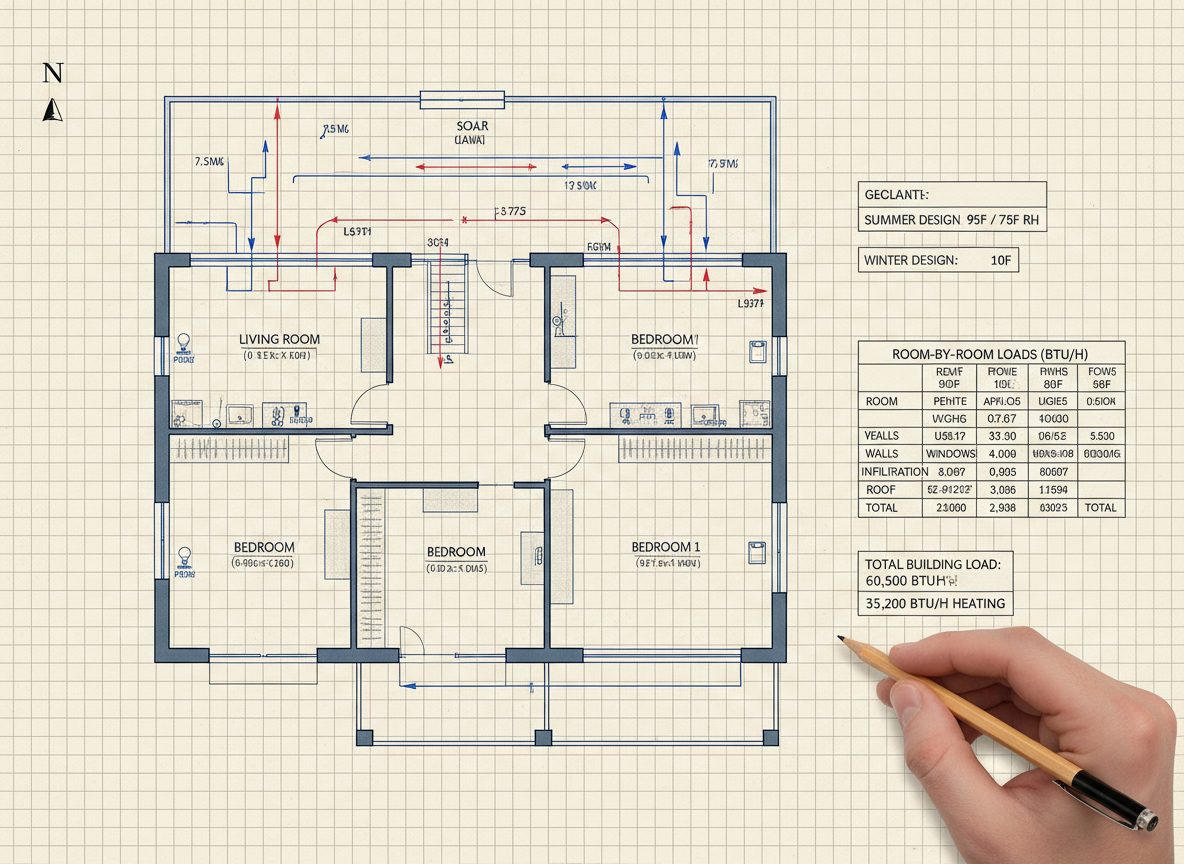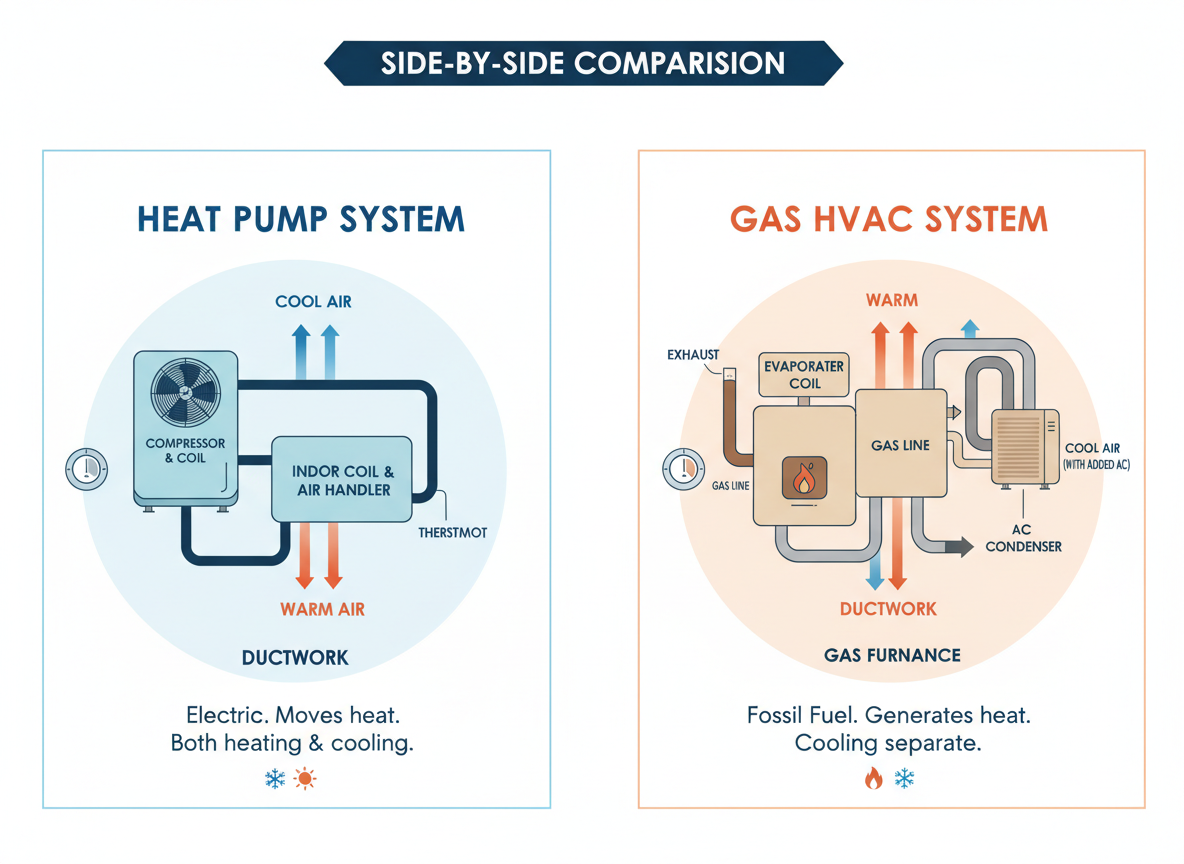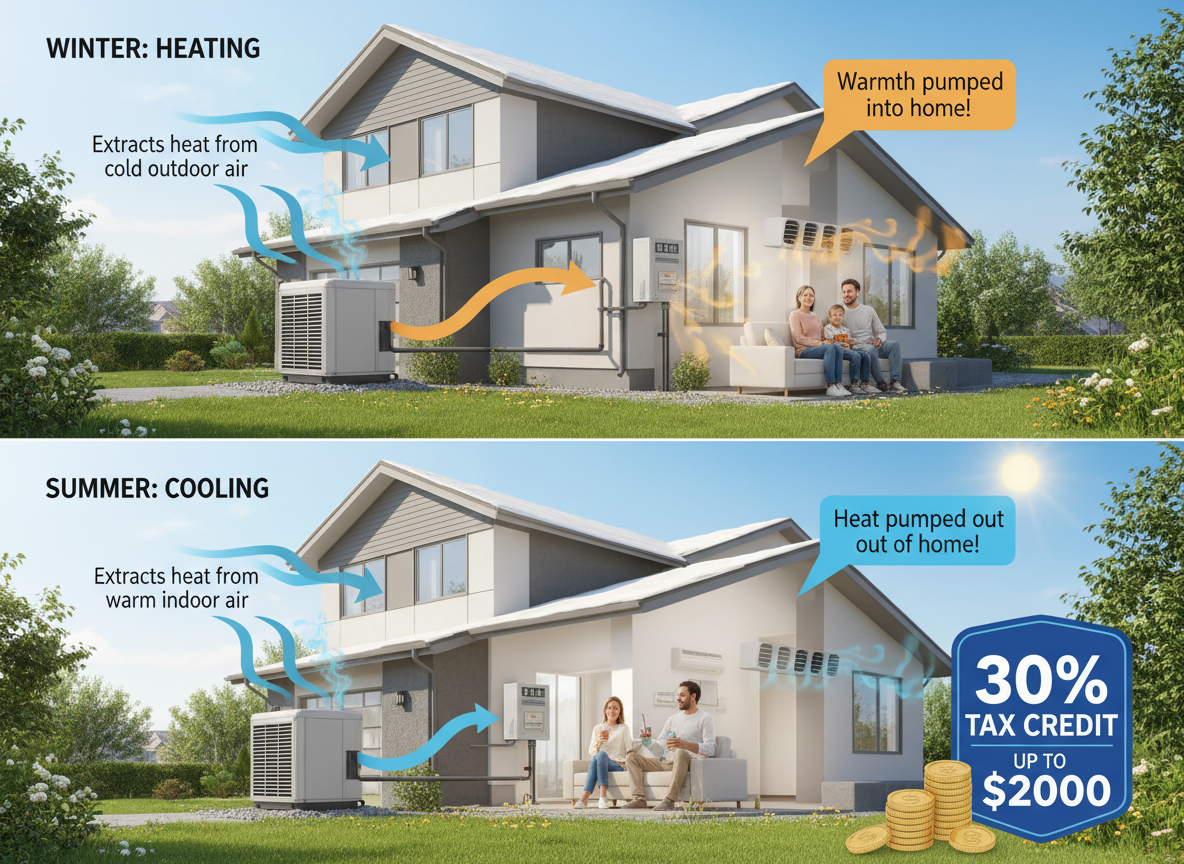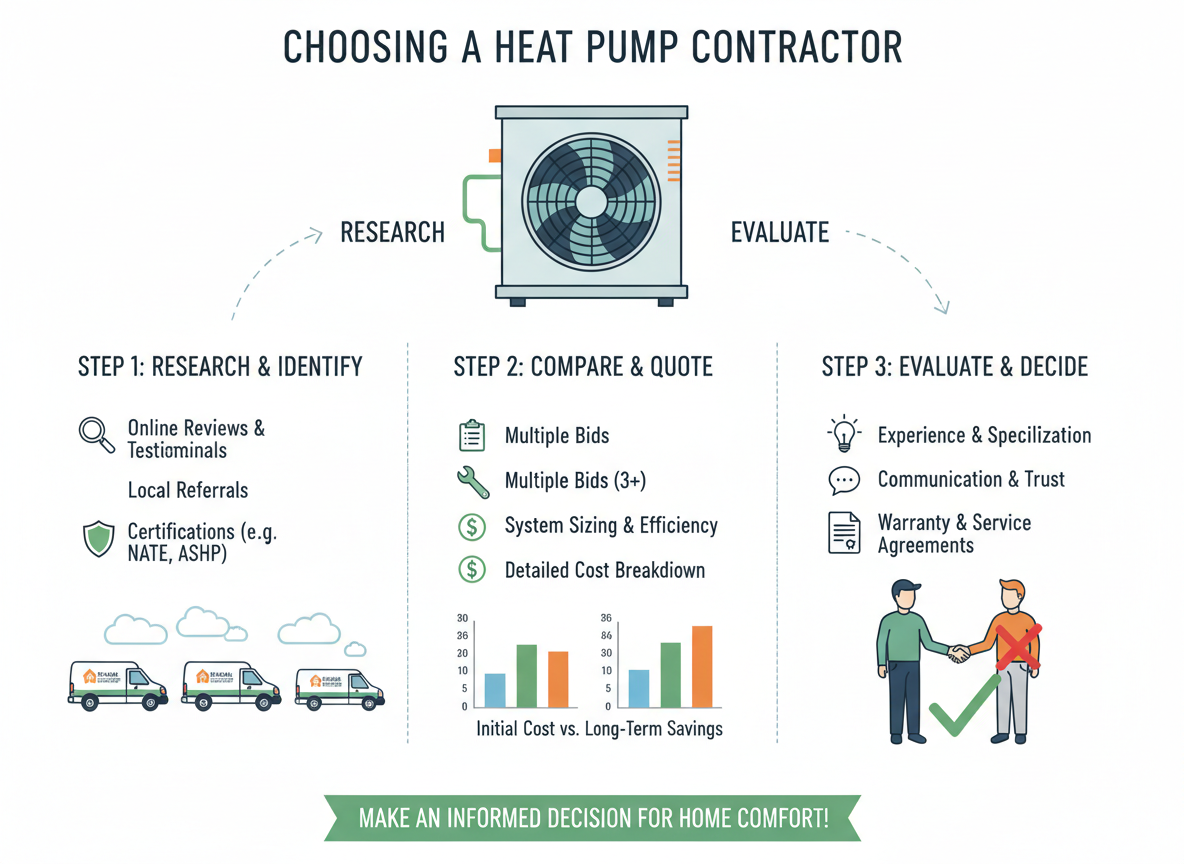
Finding a wet HVAC air filter in your HVAC system can definitely cause red flags to pop up in your mind. Unless the unit has a washable filter, finding a wet filter is definitely cause for concern. The important thing to know is that a wet HVAC air filter is often a symptom of a larger issue. Even more important than that, is the fact that running your system with a wet filter can be extremely damaging. Understanding what causes wet filters is the best place to start.
Condensation
Condensation is a sign of a well running system. The evaporator coil creates it as the warm air touches the cool coil. The system is designed with condensation in mind byway of the condensate pan and drain lines. However, the system can be overwhelmed by the amount of condensation produced or issues with the pan or drain line.
Drain pans, especially those made of metal, tend to decay and crack over time. Drain lines are notorious for becoming clogged with debris regularly (which is why yearly cleaning is important). When water leaks occur as result of these failures, the filter can become wet. In a circular motion, dirty filters can cause a restriction in airflow, which can cause the coils to freeze over, which produces an abundance of water that in the end soaks the filter. Frozen coils also occur when the refrigerant levels in your system are low.
Running the System with a Wet Filter
Running the system with a wet filter can wreak terrible havoc. Wet filters do an extremely poor job at allowing for adequate airflow. Restricted airflow will cause your system to run inefficiently and as mentioned above can even cause the evaporator coils to freeze over. Frozen coils are not the best at cooling air, which I know sounds like a catch 22, but it is true. Lukewarm air is definitely not the best in the middle of summer. A worse outcome is mold growth on the filter. These are a few things that are as gross as mold spores flowing from your air filter into your home.
Prevention
If you are not someone who changes their filters regularly, the bad news is all of these things can occur undetected. Some of the symptoms are not obvious and you may end up running your system for months with mold on your filter and/or your system running inefficiently. So, the first stop to prevention would be to make sure that your filters are replaced twice a year.
To prevent the filters from getting wet in the first place the best course of action is a yearly/bi-annual HVAC maintenance with a licensed contractor. Drain line cleaning, is usually included in a maintenance plan which prevents overflow. Any cracks or wear on the drain pan can be detected by the technician, before they grow too large, when they are performing the maintenance which prevents excessive leakage.
Refrigerant levels are also checked by the technician, which allow you to request an adjustment before there are issues. Finally, filters are replaced every visit so if you are a person who has a trouble keeping up with your filter replacements the HVAC company takes care of that for you. Give LA Construction, Heating and Air a call today to setup your maintenance agreement! 818-341-3406
Wet HVAC Air Filter Related Posts:






















.png)














